By Lisa Viger-Gotte
“Music is inherently an emotional experience, whether while performing it or hearing it. Some people are reached by song lyrics in a way that a sermon could never reach them. Some people are moved by a chord progression or a minor key, even if they have no idea why,” said Katie Geddes. As the Director of the Green Wood Coffee House Music Series since 2000, Geddes has organized hundreds of concerts featuring musicians ranging from local performers to Grammy nominated artists like Sophie B. Hawkins and even the legendary poet and lyricist Rod McKuen.
From ancient rituals to modern therapy sessions, sound has been used to soothe the mind, lift the spirit, and aid in physical recovery. Music can heal—physically, emotionally, and spiritually. Scientific studies reveal that music can even lower stress hormones, reduce pain, and improve mood, making it a powerful tool for well-being. Green Wood Coffee House, with locations in Grass Lake and Ann Arbor, has been a platform for musical connection since 1994 with the mission being to, “provide a safe, wholesome venue for audiences to enjoy music and community; to provide a high-quality venue for acoustic musicians to perform.”
Recent performers include award-winning singer-songwriters Mary Gauthier and Jaimee Harris. Both Gauthier and Harris credit music as key to their paths to emotional well-being, sobriety, and recovery. Gauthier even carries this message to veterans with her Songwriting with Soldiers program, saying, “Songs can help us heal. They have the power to alchemize some of life’s hardest blows. They do it by bringing forth empathy and connection.”
Mary Gauthier is no stranger to struggle. Growing up adopted and gay in the deep south, she’s the first openly queer musician to perform at the Grand Old Opry. She turns pain into poetry with introspective, confessional lyrics and raw emotion with social consciousness thrown in for good measure. Albums like Mercy Now and Rifles & Rosary Beads (co-written with veterans and their families) showcase her ability to make her songs both deeply personal and universally relatable.
For those on the journey of sobriety, music can be a lifeline. Many people recovering from addiction turn to music as a coping mechanism, finding solace in lyrics that resonate with their experiences or rhythms that help them stay present in the moment. Gauthier said, “I am indeed in recovery and came to songwriting a few years after I got sober. It’s been an integral part of my recovery from the beginning. I believe that the recovery process is always an ongoing thing, and for me, writing songs has given me a great way to be useful and of service.”
Gauthier’s partner in music and in life, Jaimee Harris has a voice that is rich and emotive, with lilting vocals that reach right in to grab the listener’s heart. Wearing her trademark rose colored, heart-shaped glasses, she sings of her own dark days and recovery. Her newest album, Boomerang Town, is a poignant Americana album delving into themes of small-town entrapment, addiction, and loss.
Songs can often feel like they offer comfort to those who are struggling for any reason. Gauthier said, “Oh yes, I hear that all the time. I believe that this is the job; I am no different than thousands of other songwriters. We put music and words to things people go through—hard things. And this is comforting to folks. It helps us know we are not alone in what we are feeling.”
Beyond its benefits for mental health, social connection, and sobriety, music contributes to overall well-being in numerous ways. It has been linked to improved cognitive function, enhanced physical performance, and even pain relief. Studies have shown that stroke patients who listen to music regularly recover language and motor skills more quickly.
Smaller more personal venues can enhance the experience of the audience and the performer. Gauthier said, “I like playing the small rooms because I am a troubadour, and I love the storytelling part of my show as much as I love singing the songs. Telling stories in small rooms just has a certain vibe to it that works for me. I like the intimacy.”
Katie Geddes, herself a singer who performs annually at The Ark, says the Green Wood Coffee House isn’t a specific place or venue. It’s the music. It’s renowned for hosting exceptional folk and acoustic performances in an intimate and welcoming atmosphere. Established to bring the community together through music, the series offers audiences the chance to experience live performances up close while enjoying coffee and desserts.
Geddes was there from the beginning, back when the “First United Methodist Church was awarded the building of the defunct Glacier Way United Methodist with the stipulation that worthwhile, beneficial programming take place there. The building was soon named Green Wood, and the programming included weekly Saturday afternoon non-traditional celebration services and monthly Friday night concerts.”
“One of the things that has always struck me about the GWCH Series is that most audiences consist of as many solo attendees as parties of two or more. I am touched that folks are comfortable enjoying an evening out solo. Many people won’t dine out or visit a movie theater solo, but they will come to see our performers. Also, we have so many regular attendees that friendships have developed, [between them]” Geddes observed.
“Everything about our series is relaxed and based on the honor system. No one has to show proof that they purchased a ticket. Snacks and beverages are there for the taking. Baskets are provided for food donations. We’ll even arrange transportation if you don’t drive.”
Change is inevitable. The original Green Wood location has been sold, and larger concerts are currently being held at the Dixboro United Methodist Church. The majority of concerts are now held at the 50-70-seat concert barn Geddes built in Grass Lake.
Incorporating music into daily life for healing doesn’t require formal training or a deep understanding of musical theory. Simple practices can have profound effects:
Mindful listening: Take time to fully immerse yourself in music, focusing on the instruments, lyrics, and emotions it evokes.
Creating playlists for different moods: Curate playlists that energize, calm, or inspire you.
Singing or playing an instrument: Even if you’re not a trained musician, playing an instrument or singing can be therapeutic.
Attending live music events: Experiencing live music can be invigorating and socially fulfilling.
Using music for meditation and relaxation: Soft instrumental or nature-inspired music can enhance mindfulness practices.
Whether helping to reduce stress, foster connections, aid in sobriety, or enhance overall well-being, music has a unique ability to touch lives in meaningful ways. By integrating music into our daily lives, individuals can harness its transformative power, finding comfort, connection, and joy in its rhythms and melodies. In a world that can often feel chaotic, music remains a constant source of healing and harmony.
For more information about Greenwood Coffee House or any of its shows, please visit: greenwoodcoffeehouse.org. To learn more about the musicians featured in this article, visit Mary Gauthier online at marygauthier.com and Jaimee Harris at jaimeeharris.com.
Related Articles:





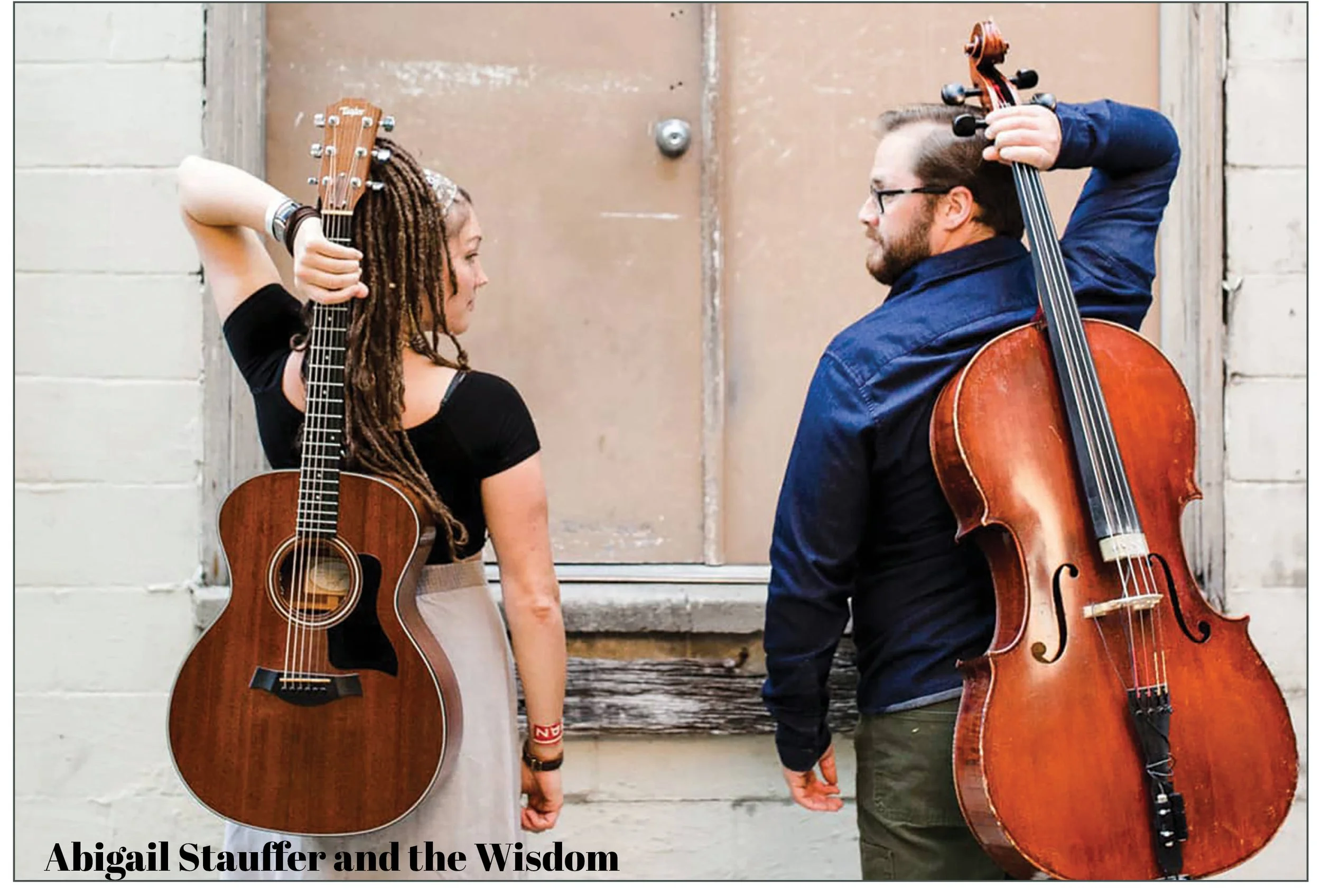


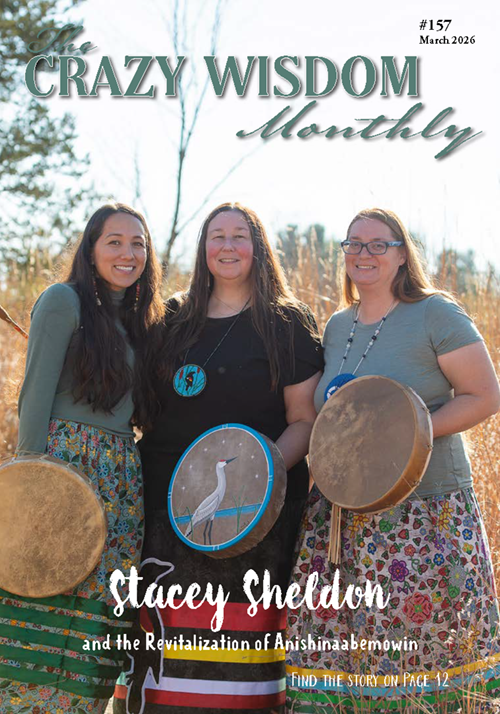




















































































































































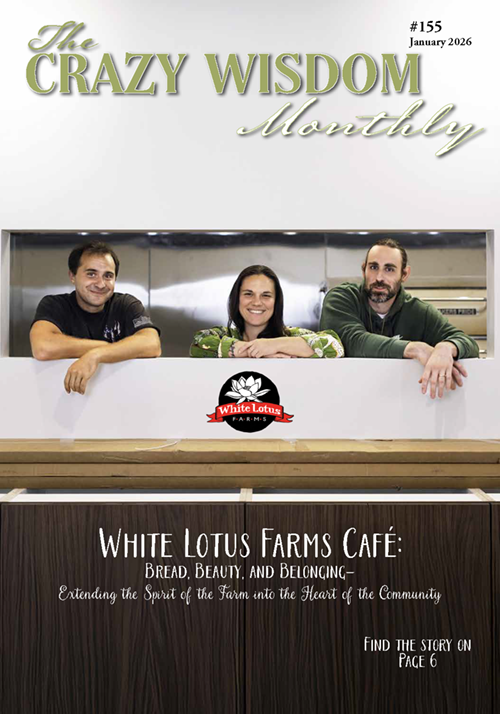
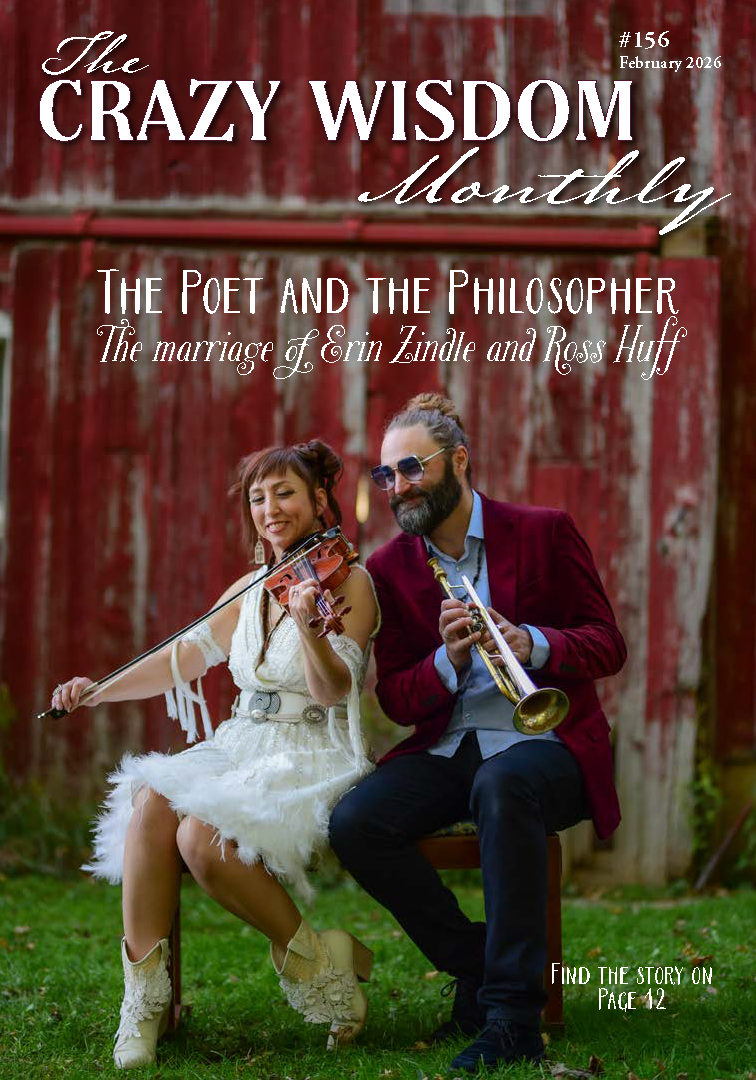









































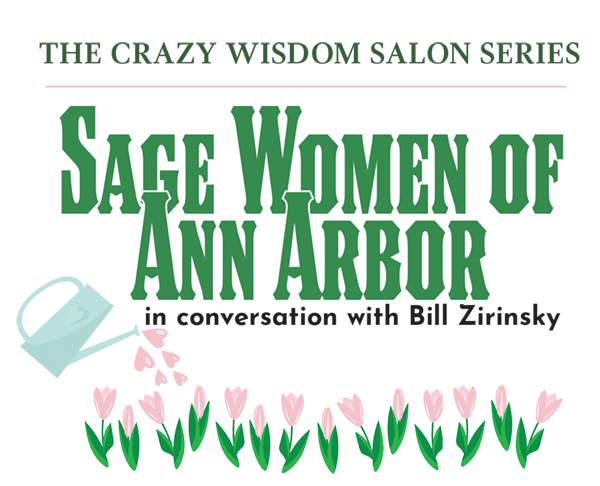

When two of the most talented and prolific musicians in Ann Arbor come together, the synergy of sound and sentiment is too beautiful to miss. “We’ve been writing words and melodies to express our love story in all of its depth and magic, with the goal of sharing it with you, our dearest ones, as we celebrate our union together.”